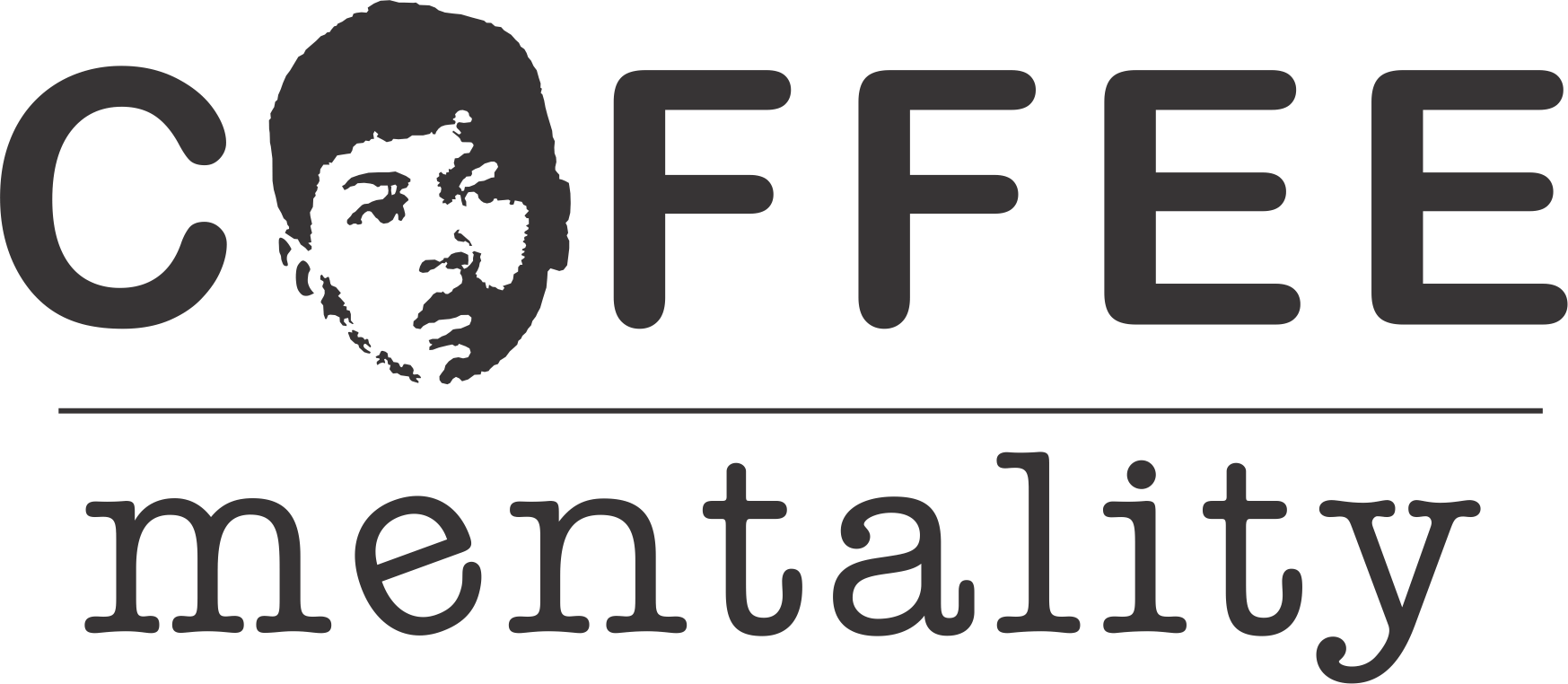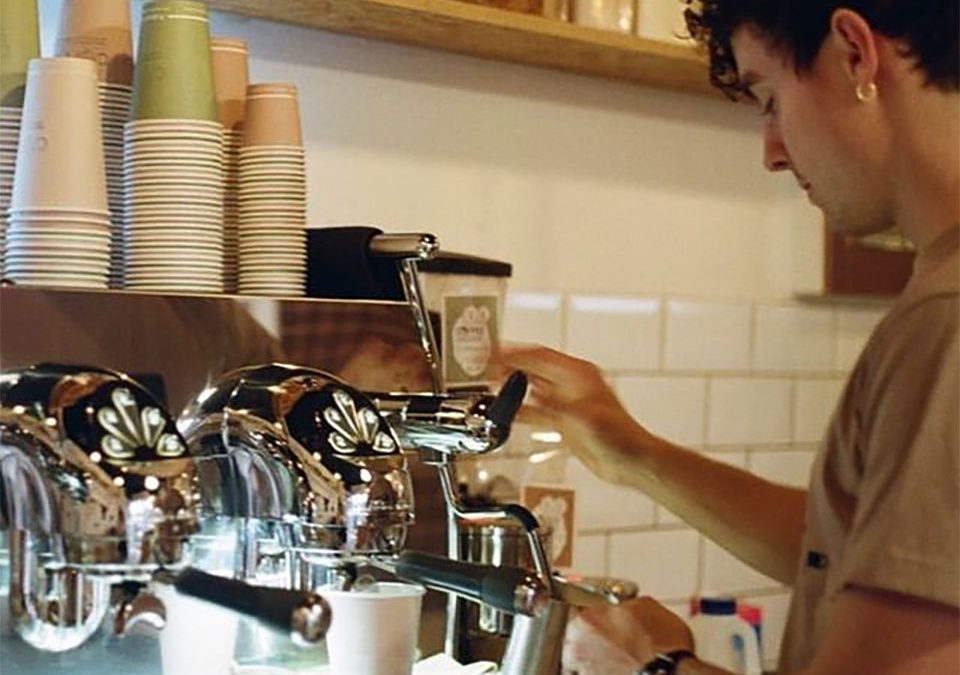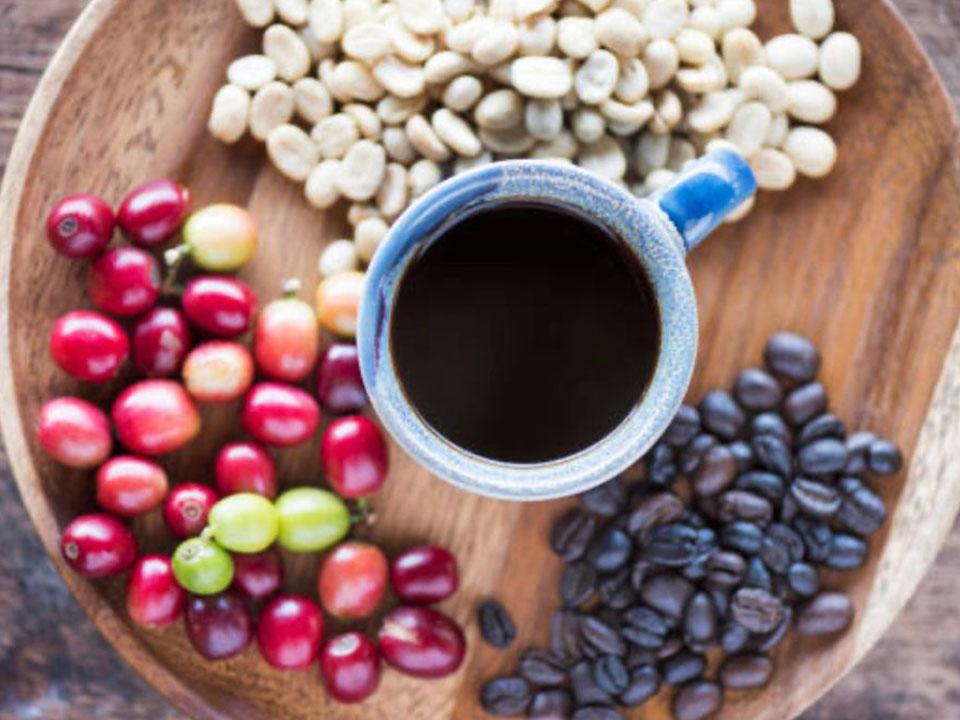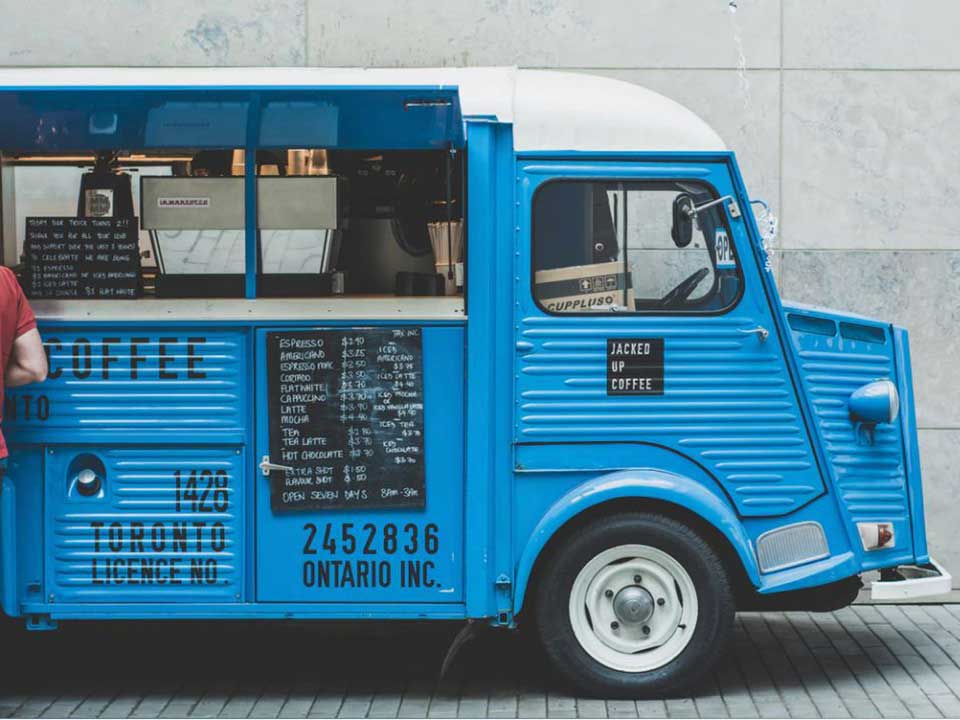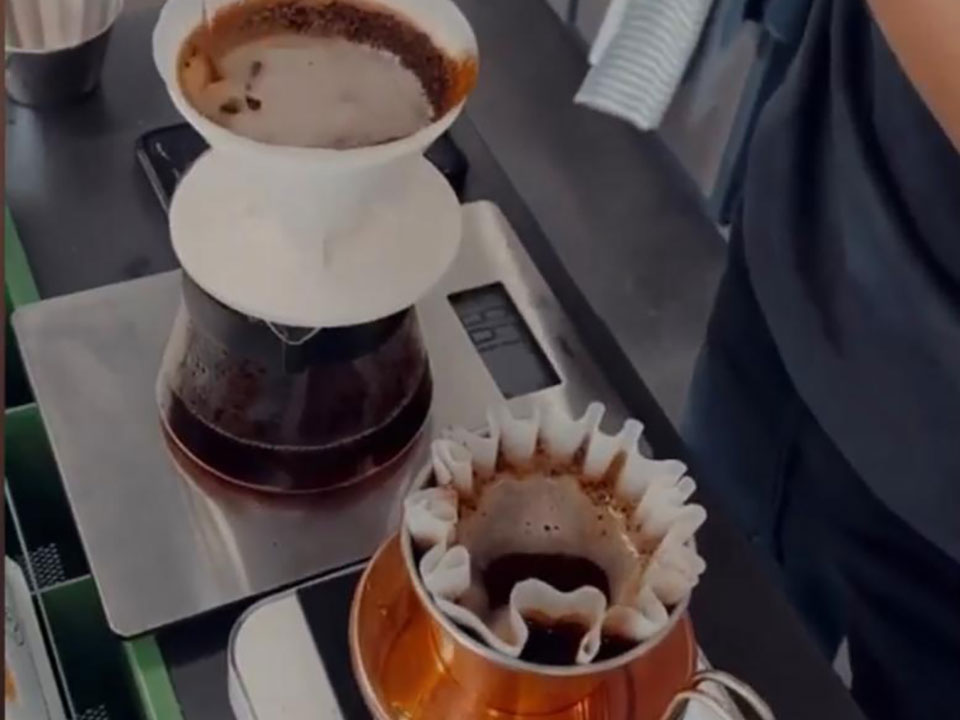What to look for in a coffee course

Coffee Subscription in Australia: Finding your perfect bean
13 December 2021
Our top 5 single origin coffees to try in 2022
13 February 2022With Australia’s growing obsession for good coffee, barista jobs are no doubt in demand. This also means coffee courses are also in demand with aspiring baristas looking to get their foot in the door. Barista jobs offers an excellent career pathway in the cafe and restaurant industry and is generally a good skill to have if you a passion for coffee. But with our thriving coffee culture in Brisbane, in particular for specialty coffee, it is important for beginners to pick a coffee course that will equip them with both skills and knowledge to land them a job..
Completing any coffee course isn’t enough as any cafe employer would tell you, that real work experience is a prerequisite to being hired as a barista. A job interview will most definitely require you to show your skills on the machine. The challenge for beginners is to find a coffee course where they can be ‘cafe-ready’.
Coffee Courses in Brisbane
There are many places that provide coffee courses in Brisbane. In the past, aspiring baristas would complete a one-day course in basic barista training (“Prepare and serve espresso coffee”), which is a national standard for barista training. The problem is most employers do not regard this certificate as enough to land a barista job. Instead, hands-on practical experience trumps over any theoretical training.
Having trained and managed a number of baristas over the years, Brisbane-based Coffee Mentality cafe owner, Ian Abadiano shares what he looks for in hiring a barista.
“The first thing I look for is their attitude. They must have the right attitude and mentality to continually learn and adapt.”
Ian says what sets a great barista apart from others is their attitude to keep improving as a barista, not just in coffee-making but their constant curiosity in acquiring coffee knowledge and the different stages in the coffee supply chain.
“Training to be a competent barista requires a combination of practical skills, scientific understanding and a thirst for coffee knowledge.”
“It occurred to me some years back that many baristas have never even seen a coffee tree nor touched a coffee cherry. While you can still make coffee without this knowledge, it helps to know the “seed to cup” journey as it is part of our service offering in educating customers particularly in the specialty coffee scene.”
Ian runs an initiative called Urban Coffee Project where he works with community gardens in growing coffee in Brisbane suburbs. In the process he has involved baristas and holds community events in planting and harvesting coffee to share knowledge and discuss processing methods.
“All the attention placed on traceability of coffee, from the farmer to the roaster, is what has made single origin popular in cafes.” Baristas are now not only expected to make espresso-based coffees but also know how to do alternative (manual) brewing such as pour overs especially in specialty cafes.
For coffee aficionados, pour over is an ideal method to taste the intricate flavours of coffee, hence a popular choice in tasting single origin coffees. “It’s all about educating consumers the great work that goes behind coffee, and the plight of farmers in producing this most sought after commodity.
He says it is therefore important for baristas to have as part of their coffee knowledge, an understanding of coffee profiles, and how this is affected by the cultivation practices at origin.
What to look for in a coffee course?
So in addition to have the right attitude and passion in learning about coffee, here are Ian’s top four things to look for in a coffee course to make it worth your time and investment.
- Customised coffee course – Given most coffee courses are offered over half a day to a full day, you need to ensure the session will serve your end goal – whether it is to use your home coffee machine or to work as a professional barista. A training provider that can tailor the course to suit your needs is critical – there is a big difference in using a domestic machine versus a commercial one. If your goal is to work as a barista, a course would also need to cover things like managing your time in making coffee, workflow and efficiencies, teamwork as speed would be a factor in working in a fast paced high volume cafe.
- Work experience part of the course – As most employers require some work experience, a course that offers real work experience at a cafe would put you in a good position against other candidates. Flashing a certificate from a coffee school is no longer enough – some practical experience and time on the machine will be a gauge of your coffee knowledge and expertise.
- Small group training – A coffee course that will help you achieve your goal at the end of the day – be it to be make a flat white, or texture milk or latte art pour means more time with the trainer. Pick a small group course (up to 4 people max) that will give you more practical time on the machine. Given coffee is practice-based learning, getting the basic technique on the machine or pourover is critical.
- Coffee knowledge – As with any other trade, learning from professionals in the field is key to learning the current demands in the coffee industry. Find a course that is taught by experienced baristas who can provide not just the technical skills but the soft skills that are equally in demand in being a great barista. Most employers now look for staff who fit the culture of the company, the team and also have the people skills to be able to build the customer base.
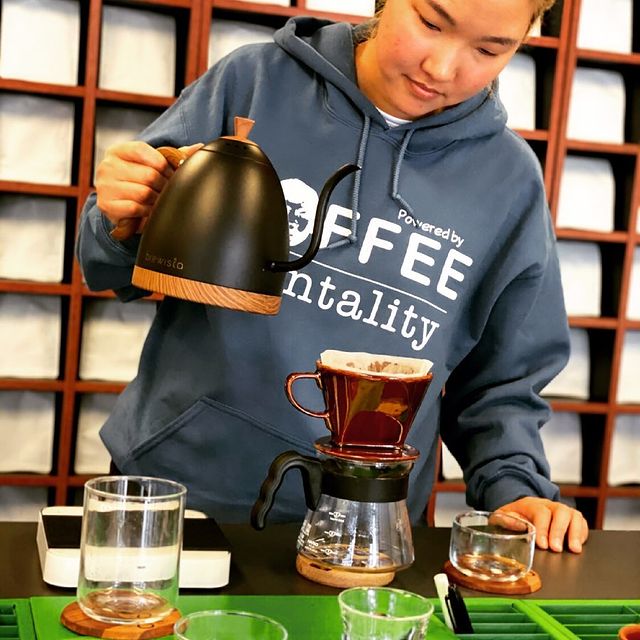
At Coffee Mentality, our Foundation coffee course will focus on three Ps of coffee-making: Preparation, Process and Presentation.
Preparation – we firstly gauge your interest in undertaking the course and assessment of your skill level to tailor the session to help you achieve your learning goal. A brief overview of the farm to cup process – . from how coffee is grown, processed and produced and alternative brewing methods .
Process – This is where the magic begins to happen, and the puzzle pieces start to fall into place. Practical and hands-on training to get you up to speed on dosing, tamping, extractions, shots, texturing milk, pouring and efficiency.
Presentation – education around which beverages are served in which cups as well as their sizes and barista etiquette.
The coffee course will be taught in a real cafe environment, with just up to four students per session.
We also offer the option for you to be part of the Coffee Mentality network, where you will be invited to our community events such as coffee planting and harvesting through the Urban coffee project.
